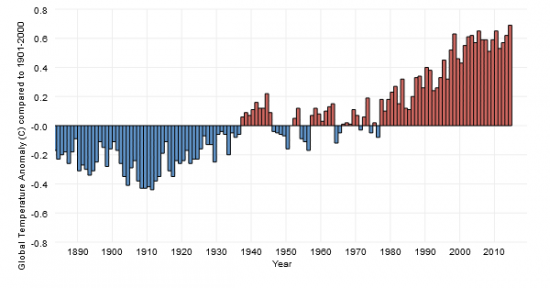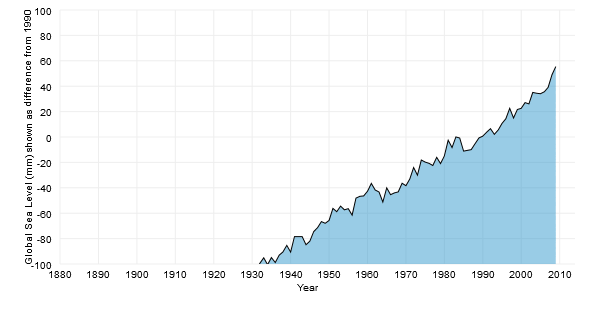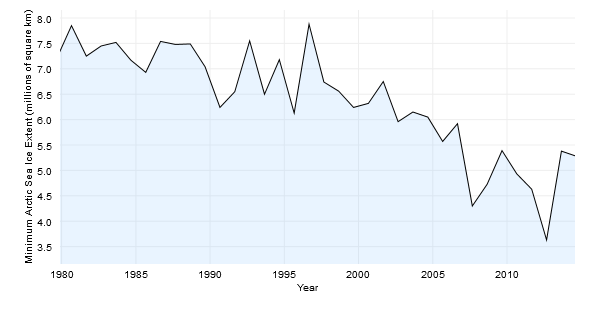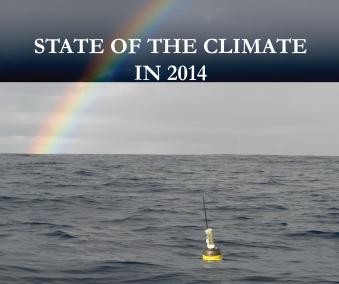July 17, 2015 – With the latest “global weather” report from the U.S. National Oceanic and Atmospheric Administration (NOAA) pointing to 2014 as the warmest year on record globally for both land and sea, it would seem appropriate to begin a personal attempt to lower my family’s contribution to greenhouse gas emissions and global warming. The way we are doing it is to reduce the size of our apartment from 155 square meters to just over 106. Our new building contains more family dwellings per square meter of ground footprint which means it is more efficient use of space within the city, contributing less to the heat island effect.
I will admit what we are doing is not a lot but it is an incremental step. And if more of us were to do it, we collectively could significantly reduce our contribution to global warming.
There are other next steps. It is only a matter of time before we give up our car and subscribe to a ride-sharing program. But in the interim I am happy to report that we have reduced our gasoline consumption, and therefore, its contribution to global warming by almost 300% from two years ago. The secret, our move to mid-town Toronto over two years ago which has led to us using the car far less and public transit much more. In our local neighborhood we don’t drive to shop, we walk. It’s a lot harder to make these carbon reductions when you live in the suburbs and have fewer transit options and further to go to get basic necessities.
So I’m feeling pretty good about what my wife and I are doing. The State of the Climate however is another matter when you read the latest NOAA report published on July 15, 2015. The news is far less promising. Here are a few highlights:
- carbon dioxide in the atmosphere increased by 1.9 parts per million (ppm) in 2014. Total mean rise from 1990 to last year, 43.2 ppm or a rise of 12.2% since 1990.
- four global datasets reported 2014 as the warmest year on record with Europe, Africa, Australia, Mexico, Argentina and Uruguay hitting records. Only Eastern North America experienced below-average temperatures.

- sea surface temperatures globally reached the highest ever recorded with the North Pacific Ocean experiencing the most significant heating.
- upper ocean heat (not just surface temperatures) also reached record highs.
- sea levels rose to new high levels keeping pace with the global annual rise of 3.2 millimeters (+/-0.4 millimeters), about 0.12 inches per year as seen over the last 20 years.

- the Arctic had the fourth warmest year on record with snow melt happening 20 to 30 days sooner than the average between 1998 and 2010. Arctic Ocean sea ice was the sixth lowest since 1979. The eight lowest minimum sea ices have all occurred in the last eight years.

- the Antarctic experienced record levels of sea ice, the third consecutive year of record maximums. This peculiar state within Antarctica is used by climate skeptics to argue there is no global warming but I refer you to a previous posting which explains how the Antarctic Southern Ocean is different from the Arctic.
To read the complete NOAA report go here.












